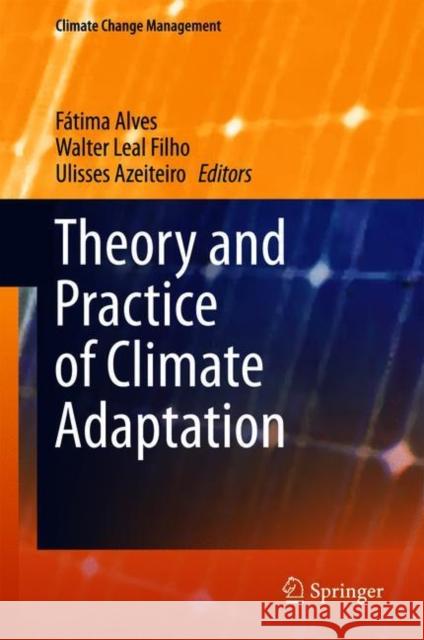Theory and Practice of Climate Adaptation » książka
topmenu
Theory and Practice of Climate Adaptation
ISBN-13: 9783319728735 / Angielski / Twarda / 2018 / 589 str.
Kategorie:
Kategorie BISAC:
Wydawca:
Springer
Seria wydawnicza:
Język:
Angielski
ISBN-13:
9783319728735
Rok wydania:
2018
Wydanie:
2018
Numer serii:
000398515
Ilość stron:
589
Waga:
1.01 kg
Wymiary:
23.39 x 15.6 x 3.33
Oprawa:
Twarda
Wolumenów:
01
Dodatkowe informacje:
Wydanie ilustrowane











